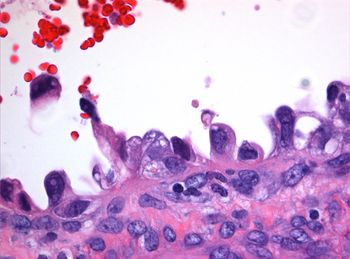
A tumor board looked to studies in ovarian cancer for guidance on use of immunotherapy in a rare case of clear cell carcinoma of the cervix.


A tumor board looked to studies in ovarian cancer for guidance on use of immunotherapy in a rare case of clear cell carcinoma of the cervix.

Patients who responded positively to shunt treatment experienced more beneficial changes in their heart's structure and function compared with nonresponders.

A single injection of a gene therapy was well tolerated and showed the potential to control exudation in patients with neovascular age-related macular degeneration (wet AMD).

The authors say a standard method of assessing metabolic tumor volume would be needed for its use to become widespread.
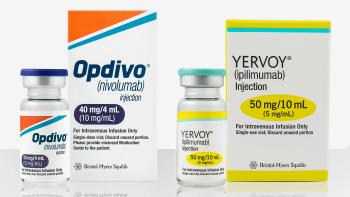
An alternative dose of ipilimumab and nivolumab had less toxicity than a conventional dose, the results show.
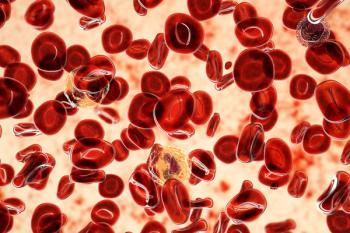
For most patients younger than age 60 with polycythemia vera (PV) who are not considered high risk, cytoreductive therapies are withheld despite being highly effective.

Treatment resistance remains a major challenge in the treatment of acute myeloid leukemia (AML), and leveraging actionable therapeutic targets is far from straightforward.

A recent study found that certain gene variants may be prognostic for residual disease following resection in patients with ovarian cancer.
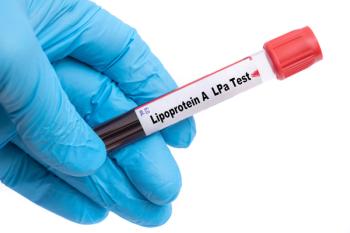
Following these positive 36-week results, Silence Therapeutics plans to announce 48-week results of the ongoing ALPACAR-360 study in Q2 of 2024.

A recent study found that tumor-stroma proportion was a reliable marker of chemoresistance, progression-free survival, and overall survival in high-grade serous ovarian cancer.
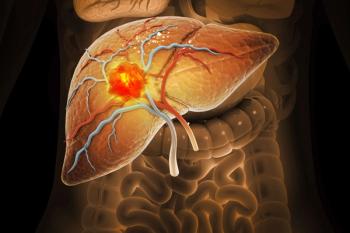
The analysis revealed that viral hepatocellular carcinoma (HCC) had a distinct microbial signature vs non-viral HCC, although only hepatitis B virus–related HCC showed a significantly diverse tumor microbiome.

Camilla Levister, MS, ANP-C, CDCES, a nurse practitioner at the Icahn School of Medicine at Mount Sinai Hospital in New York, gives insight into the nuances of testing closed-loop insulin delivery systems for pregnant women.
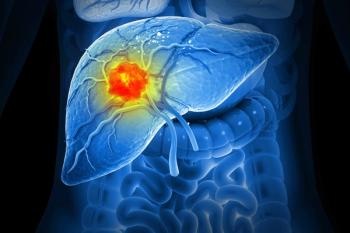
Patients with early-stage hepatocellular carcinoma (HCC) and those with advanced-stage disease exhibited distinct gut microbiota diversity and alterations, with future studies warranted to investigate the mechanisms underlying the interactions between gut microbiota and HCC progression.

A recent review suggests patients diagnosed with ovarian cancer may benefit from nutritional intervention as part of disease management, but research on the topic has been limited and further investigation is warranted.

In patients with high-grade ovarian cancer, an increased proportion of CD3+ CD137+ tumor infiltrating lymphocytes (TILs) correlated with favorable overall survival outcomes. However, proportions of CD3+ or CD3+ CD8+ TILs did not show significant associations with OS.

A predictive model utilizing serum metabolic profiles was able to distinguish ovarian cancer from control samples with 93% accuracy, according to a new study.

In a cohort with more than half a million women with endometrial, ovarian, or cervical cancer, less than 1% were enrolled in a clinical trial, and more than 85% of enrolled women were White.

The study provides proof of principle for a novel approach to early detection of ovarian cancer based on an assessment of genomic instability patterns in DNA from Papanicolaou (Pap) smears.

Shifting from an opt-in to an opt-out approach boosted palliative care consults from 16.6% of eligible patients to 43.9%, the investigators found.

Findings from PREVENT-HF put to rest the idea that once remodeling in the heart's structure starts following anthracyclines that nothing can be done to treat it.
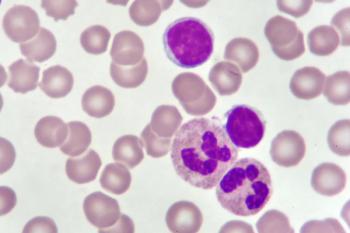
An abstract presented at the 2023 American Society of Hematology Annual Meeting and Exposition suggests that patients with chronic lymphocytic leukemia (CLL) treated in the era of novel agents might be less likely to experience Richter transformation compared with those treated prior to this era.

The most-read articles from the 2023 European Hematology Association (EHA) Annual Meeting covered the most up-to-date treatment strategies for hematological malignancies, racial disparities in treatment patterns for blood cancers, and updates on immunotherapy as a tool in hematologic oncology.

The most-read content from the 2023 American Society of Hematology Annual Meeting and Exposition included the latest in treating hematologic malignancies, the hope brought by novel therapy strategies, and the potential for artificial intelligence to improve diagnostic accuracy.

Presenters at the American Society of Hematology Annual Meeting and Exposition agreed that novel strategies, such as CRISPR and base editing, have potential to fine-tune the latest immunotherapy advancements to increase the efficacy and durability of a range of treatments.
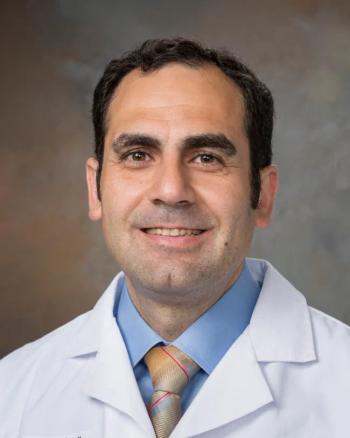
The past year has offered new hope for patients with lower-risk myelodysplastic syndromes. Besides imetelstat, which has an FDA deadline for action of June 2024, the agency approved luspatercept, which has a different mechanism of action.

259 Prospect Plains Rd, Bldg H
Cranbury, NJ 08512
© 2025 MJH Life Sciences®
All rights reserved.
